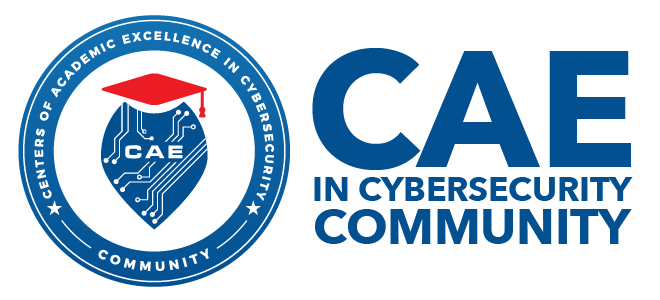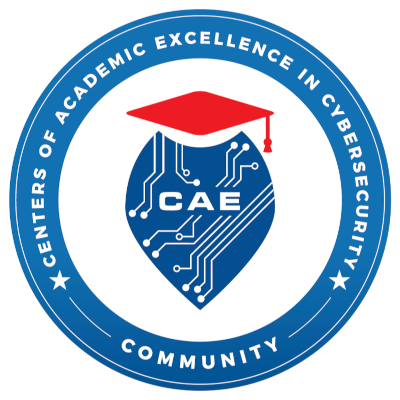A Slice of Raspberry Pi Dessert for GenCyber Teachers
This submission will be a 15 minute overview of a post-GenCyber Teacher Camp activity that provided guidance to teachers for a focused Raspberry PI project for their high school students. The project included post-camp follow-on meetings for teachers to develop their skills and proficiency in using the Raspberry Pi to teach Linux concepts and cybersecurity tools.UMGC trained eight dedicated H.S. teachers who were committed to implementing the project in their schools. All teachers had varying successes and challenges.

